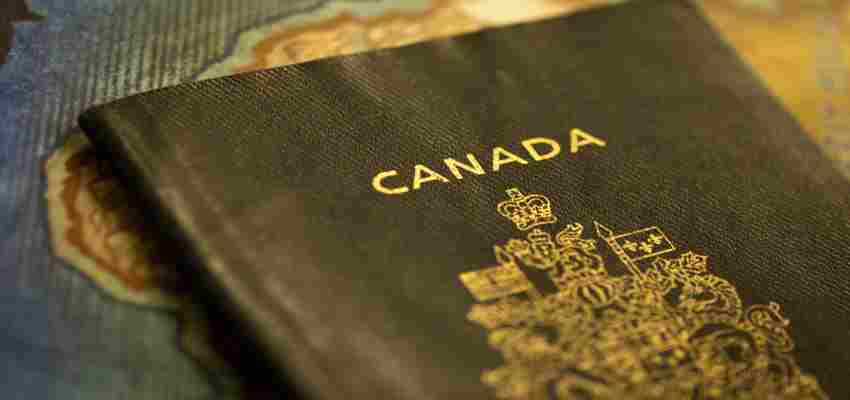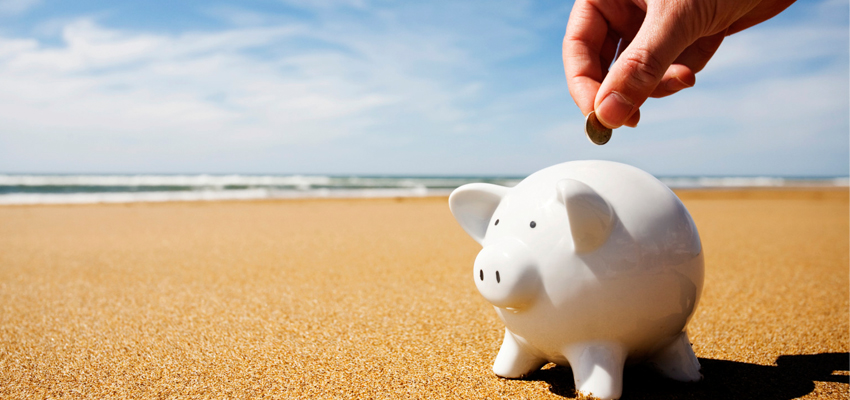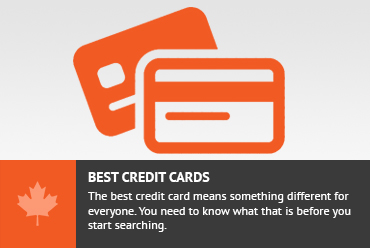Today’s question is a classic that I get all the time. How much money do you need to travel long term? Let’s take a look:
Reader Question: I’m going to quit my job to travel the world! I need to do it while I’m still young and healthy. I don’t know how long I’m going to travel for, but I expect it will be at least one year, maybe longer. How much money do I need to save up for this? -Dave
If only there was a magic number for how much money you need to travel the world! Sadly, there isn’t; in fact we can’t even apply a standard formula to your question, since travel is very different for everybody – from choice of destination, to desired comfort, speed of travel, and more.
In my experience, travelling the world full-time costs way less than living in Canada ever did. Here is my cost of full-time travel for 2010, 2011, and 2012.
But we can still apply some science to the matter, to help you clarify your travel desires so you can start somewhere.
DEFINING YOUR TRIP
To determine your travel budget, let’s examine what your trip will look like. Nomadic Matt published a book about how to travel the world on $50/day; it’s a great place to start for a breakdown of various locations, activities, and how to average your cost of travel (all in) to equal $50/day without sacrificing much. But his formula might not echo your own vision for your trip; read on to orchestrate your travel budget to your specific needs.
Answer these questions so you can create a framework for your trip – and attach associated costs with it:
Why do you want to travel?
Everybody has different reasons for wanting to travel.
Maybe you want adventure – to go trekking in the mountains of Nepal, skydiving in New Zealand, see the northern lights of Norway, and scuba dive in the Maldives. These experiences create a lifetime of memories, but also a large hole in your pocketbook. Choose your adventures, and research the associated costs. You’ll also find new adventures while abroad that you couldn’t predict before going (like tubing in Thailand, or camping on Machu Picchu), so in addition to the big adventures you want to plan, create a buffer for impulsive adventures.
Perhaps your thing is cuisine – street food of Vietnam, cooking classes in France, ceviche in Peru, and sushi in Japan. You won’t go broke eating street food, but a master class in cooking might set you back.
Would you like to volunteer? There are lots of volunteer opportunities that can actually save you money if you volunteer in trade for free accommodation. Other volunteer gigs involve a fee to participate, but the fee also provides you with room and board. Check out the variety of possibilities through sites like Idealist.org.
Is language your thing? Studying Spanish in Guatemala is popular and cheap, but learning Japanese in Japan costs much more. You can cut costs and get a culturally immersive experience by enrolling in home-stay programs.
Or maybe you just want a round-the-world trip with a bit of everything. If your trip is of a fixed duration, a round-the-world ticket is cost-effective and easy to budget for. There’s a lot to learn; start here with this round-the-world resource and guide to compare your options, and search for fares here.
How long is your trip?
Obviously, the longer you travel, the more you’ll spend. A fixed sabbatical is easier to budget for than an open-ended trip, which requires an income – or larger savings – to sustain it.
Where will you go?
The cost of living and travelling in Asia and Latin America is cheaper than in Europe and North America. Even within each region you’ll find financial diversity; Singapore and Japan are more expensive Asian destinations than Cambodia and Laos. In Central and South America, you’ll spend more in Chile and Costa Rica than in Bolivia and Nicaragua. And in Europe, you’ll lose your shirt in Norway, but your money will go a lot farther in Portugal.
Even within each location, consider whether you want to be in rural or urban settings. In cities you naturally spend more money; rurally there’s less to spend your money on.
How Fast Will You Travel?
The more territory you cover, the more you’ll spend – on transportation, activities, and short-term accommodation along the way. If you go slower (and choose a more immersive experience in the places you visit), you can find accommodation with cheaper longer-term rates by renting locally. You can also find volunteer experiences allowing/requiring you to stay for weeks or months in one place, sometimes free of charge in exchange for your volunteering.
This also brings up what you want to do with your time. When you’re not working every day, you have lots of time on your hands. Filling this time with touristy activities costs money – so research your chosen destinations and the average cost of activities you intend to do; if you instead fill your time by living locally (and volunteering or house-sitting for example), you’ll spend less money.
What accommodation are you looking for?
Staying in hotels is the most expensive option, both on the surface and also because without kitchen facilities, you’re relegated to dining out all the time.
Hostels are fabulous for meeting fellow travellers, cooking meals in communal kitchens – and thus spending less money. Hostels are generally cheaper than hotels, and the range (and comfort/quality) of accommodations varies from private rooms to shared dorms.
Renting an apartment for a few months provides more comfort, space, and privacy, often at approximately the same price as hostels.
And if you’re really interested in saving money and communal living, you can explore intentional communities, which are often rurally located and where everything is shared and amenities are basic.
INSURANCE AND EMERGENCIES
Part of your travel budget should include contingencies. Life happens while you’re busy making plans, and one unexpected emergency could put an end to your trip – and beyond.
Travel Insurance
I’ve had to rely on travel insurance a few times, and without it I would be singing a different tune about the cost of travel. Your provincial plan won’t cover you entirely while abroad, so purchase travel insurance to cover you for illnesses or injuries abroad, cancellation of flights due to personal/family emergencies, and loss/theft of your belongings. World Nomads is a popular and inexpensive option, and you can buy/renew it while abroad. Insurance brokers like InsureMyTrip and Ingle International can also help you shop the market for the best policy for your needs.
However travel insurance is contingent on having provincial coverage as a base, and once you’re out of the country for a certain time (depending on the province this ranges from six months to two years), you’ll need international health insurance instead. (Here’s a comparison between travel insurance and international health insurance (which is also referred to as expat insurance, but doesn’t require you to live in one place). I’ve used both Ingle International – (a Canadian company) and Pacific Prime to source and purchase international health insurance. Clements also offers expat health insurance plans.
Emergency Fund
Sometimes insurance won’t cut it for the emergency at hand. Have at least enough money to get home in a pinch from anywhere in the world, for whatever reason. You don’t want to be stranded abroad without money; the farther from home you venture, the more money you need in your emergency fund.
REINTEGRATION
Your trip doesn’t necessarily end when you return to Canada. You need money for the following:
Setting up Home
If you sell everything to travel, put aside the proceeds so you have something to get set up again. Consider factors such as first and last months’ rent, furniture, and basic amenities.
Finding a New Job
If you quit your job outright, then you need time to find a new job on your return. The ease of this depends on your career, expertise, and demand in your field.
Consider leaving the door open with your employer. Talk openly to your boss to see what’s possible before you leave. You might be surprised; you may not have to quit your job outright to enjoy a sabbatical for travel.
If you do quit, consider how long it will take you find a job when you return, and have “x” months’ living expenses set aside for that.
A NOTE ABOUT CREDIT CARDS
Having a credit card does not equal having travel savings! Although travelling with credit cards is a very useful way of managing your finances on the road, they need to be paid off, and if you don’t have a means for doing it, you’re waging a losing battle with interest charges. Travel savings is about money in the bank; don’t fall into the credit trap, otherwise you could ruin a wonderful trip.
long-term travel











That’s such a loaded question?… How long,where will you be staying,what countries,what kind of restaurants, lodging,and in case you get sick or injured insurance/hospital costs,etc. I would definitely say min.$20k to 50k but so many variables here.
Hi Eleanor – Good estimate (I’m assuming you’re referring to annual figures)! The first few years of full-time travel I managed it for about $20k, but some years have been as high as $40k. Like you say, there are many variables – which is why it’s a loaded question! 🙂
Thanks for agreeing… its such a variable and subject to if you want to travel in style like royalty( if you can afford it ) or like teenage hippie backpacking through Europe. The figures can be so varied and then factor in the costs of things in different countries.